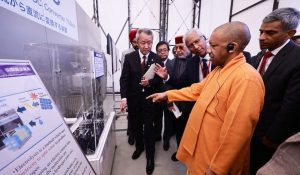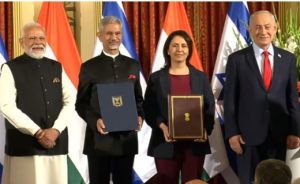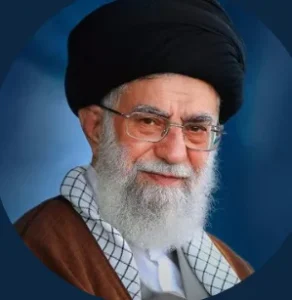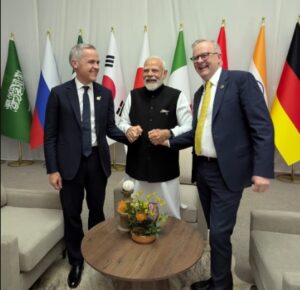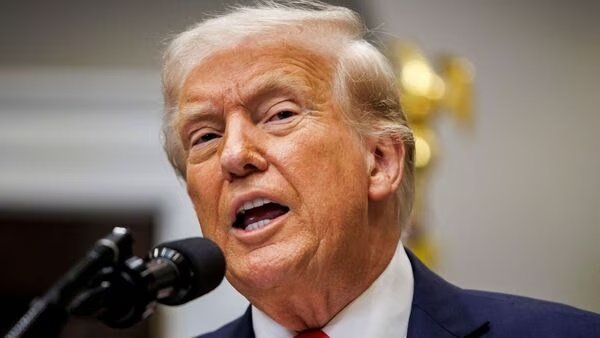
Last Updated on June 11, 2025 2:17 pm by BIZNAMA NEWS
AMN
US President Donald Trump has announced that the trade deal with China is done after the talks between the two countries in London this week. As a part of a trade agreement, China will supply rare earths upfront to the US, while Chinese students will get US visas.
In a Truth social post, Trump announced that Beijing will supply the US with full magnets and all necessary rare earth materials. However, he said the deal with China is subject to final approval with President Xi Jinping and him. He added that the relationship between the two countries is excellent and China will maintain its current 10 percent tariffs on goods imported from the U.S, while the US will keep 55 percent tariffs on Chinese imports. This announcement follows weeks of escalated tensions between the two countries.
Tariffs to Stay in Place
Despite the agreement, both sides have agreed to maintain existing tariff regimes. China will continue with its 10% tariff on U.S. goods, while the United States will retain a 55% tariff on imports from China. This suggests that while cooperation is increasing in some areas, core trade protections remain unchanged, possibly to be revisited in future talks.
Chinese Students to Benefit from Visa Relaxations
Another notable feature of the agreement is the granting of U.S. visas to Chinese students, an area that had seen significant restrictions in recent years. The move is expected to improve academic ties and boost people-to-people engagement, which had cooled amid geopolitical and economic rivalry.
Deal Follows Period of High Tension
This development follows several weeks of escalated trade and diplomatic tensions between Washington and Beijing, including disputes over high-tech exports, military posturing in the Indo-Pacific, and regulatory crackdowns on multinationals.
Analysts view the agreement as a pragmatic step forward, potentially opening the door for further cooperation in select sectors, even as broader competition persists.
Awaiting Final Green Light from Beijing
As of now, Beijing has not yet issued an official confirmation of the agreement. Market observers and global stakeholders are awaiting a formal endorsement from President Xi, which would mark the official ratification of the deal.
Experts note that while this agreement could de-escalate tensions and enhance sectoral cooperation, the sustained tariff structure and lack of a broader framework suggest that deep-rooted economic rivalry remains intact.

